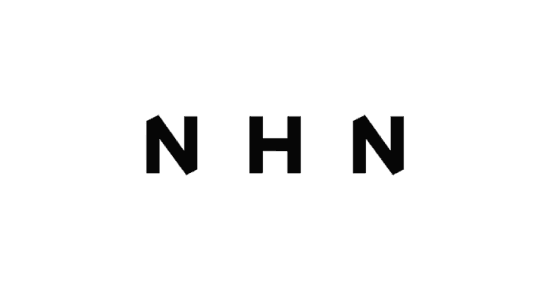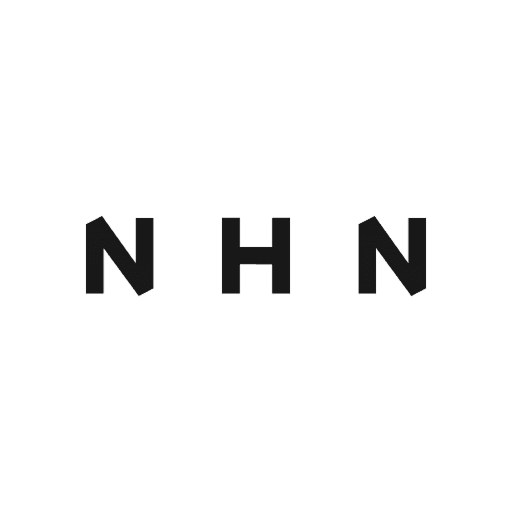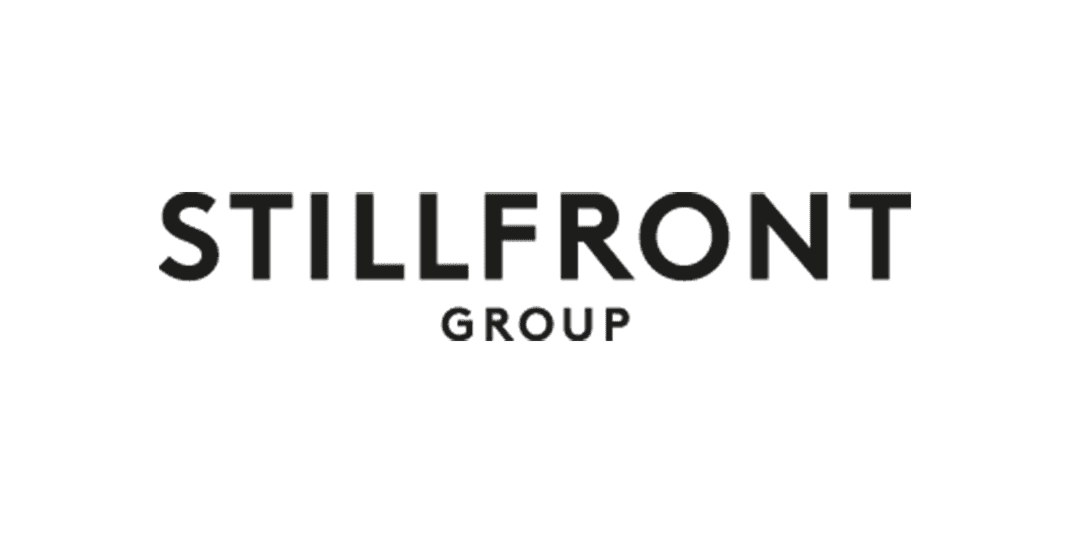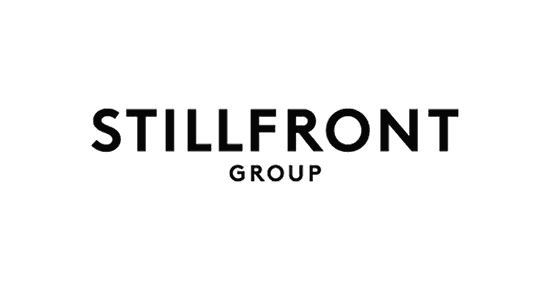

Creative Automation
For High-Velocity
Entertainment Brands
Scale UA, LiveOps, and IP content — without sacrificing quality or creative control.
Without Layer
Purpose-Built
for Professionals
Layer is designed to support professional artists, designers, marketers and producers working in games & broader entertainment industry - no AI expertise required.


Flexible & Future-Proof
Layer fits seamlessly into your workflow. Because it’s model-agnostic, you don’t have to keep learning new tools.
Enterprise-Ready & Scalable
Layer offers brand compliance confidence to multi-studio, multi project, multi-label entertainment brands. Deploy AI responsibly, securely, and at scale.

Keep Your Tools.
Add More Power.
Layer works seamlessly with industry-standard tools so you can keep using what’s familiar, while accelerating workflows with AI.

Photoshop

Premiere Pro

Maya

Unity

Figma
How does Layer work?
Getting started with Layer is easy (and free), just create an account and check out our documentation and video guides.
Layer Overview
Trusted by 300+ leading
entertainment brands
worldwide.
Layer powers the scalable creative systems behind high-velocity entertainment brands and games reaching millions.






























FAQ
What is Layer?
Layer is an AI platform for creative teams (especially game studios) that brings leading generative models into one workspace—so you can generate and edit assets, collaborate, and scale production with workflow automation via node-based UI as well as agents*soon and enterprise security.
Who is Layer built for
Layer is designed for creative teams across studios of different sizes in the entertainment industry—from IP companies producing interactive media to agencies serving top global brands—and for roles like creative producers, artists, art directors, and production teams who need consistent, production-ready outputs.
What can I create with Layer?
Layer supports creating and refining multiple asset types, including 2D images, video, 3D models, and audio—depending on the tools and models you use. These asset types are often used in UA Ad creation, brand assets and any type of production content a brand needs.
Does Layer include multiple AI models or just one?
Layer positions itself as a single access point to a curated set of industry-leading AI models for creative production by producing Day 0 integrations, so teams don’t have to juggle separate tools.
Can Layer help us standardize style and keep outputs consistent?
Yes! Layer highlights custom model training / style training so teams can teach Layer a unique style and generate consistent, on-brand visuals. Layer is unique and the best of its kind in this feature.
Can we edit assets (not just generate new ones)?
Yes! Layer includes editing/refinement capabilities (e.g., refining assets and production-oriented tooling) to help teams iterate and polish outputs, not only generate from scratch. You can do this for individual assets as well as in batches, at scale.
How does Layer support collaboration for teams?
Layer emphasizes a collaborative workspace approach (shared production environment for creative teams), and per its pricing model teams can add members without per-seat charges, sharing usage via pooled credits.
What is Layer Workflows?
Layer Workflows are described as purpose-built, agent-powered workflows that automate multi-step creative production (e.g., UA creatives, live ops assets), helping studios scale repeatable pipelines while keeping creatives in control.
Is Layer enterprise-ready (security/compliance)?
Layer highlights enterprise-grade security and compliance, including SOC 2 Type II, plus features like SSO/SCIM, role-based access controls, and audit/event logs that are fully exportable for governance and traceability.
How does Layer pricing work?
Layer describes a usage-based pricing approach: no seat fees, and you pay for what you create. Their platform uses Creative Units (CUs) for consumption across models/tools.
Can we start small and scale up?
Yes! Layer presents subscription options that scale for different studio sizes and emphasizes flexible usage-based pricing as production needs grow.
Where can I learn more or talk to sales?
Layer provides a “Contact Sales” path for enterprise teams that need procurement-ready security, compliance details, or custom volume requirements.
More questions? Check out our Help Center.








































